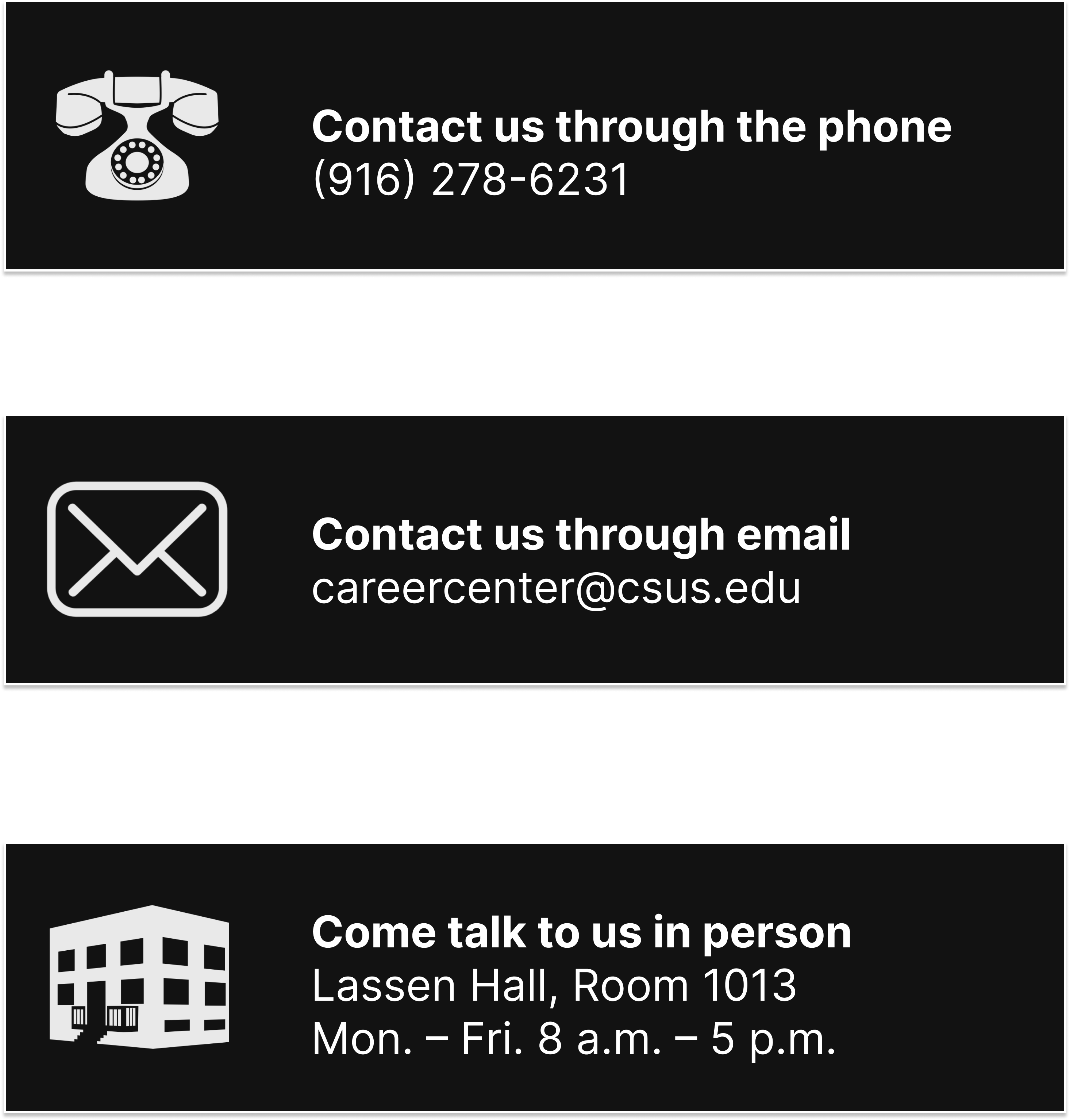.contact: The Essential Guide To Understanding Contact Management
In today’s fast-paced world, effective communication is paramount, and understanding how to manage contact information is crucial for both personal and professional success. The keyword ".contact" encapsulates a variety of tools and strategies that can enhance our ability to connect with others. This article will explore the ins and outs of contact management, the tools available, and best practices to ensure your connections are organized, accessible, and useful.
Contact management refers to the systematic approach of organizing and maintaining contact information for individuals and organizations. With the rise of digital communication, the importance of having a reliable contact management system cannot be overstated. This article aims to provide you with expert insights and practical tips on how to optimize your contact management strategy.
Throughout this guide, you'll discover the various aspects of contact management, from understanding the types of contacts to utilizing advanced tools and techniques that can streamline your communication efforts. Whether you're a professional seeking to enhance networking or an individual wanting to keep track of personal connections, this comprehensive guide will serve as your roadmap.
Table of Contents
- Understanding Contact Management
- Importance of Contact Management
- Types of Contacts
- Tools for Contact Management
- Best Practices in Contact Management
- Integrating Contact Management into Daily Life
- Common Mistakes to Avoid in Contact Management
- The Future of Contact Management
Understanding Contact Management
Contact management is the process of gathering, organizing, and maintaining information about the individuals and organizations you interact with. This includes names, addresses, phone numbers, email addresses, and any other relevant details. A robust contact management system not only stores this information but also allows for easy retrieval and updates.
What is a Contact Management System?
A Contact Management System (CMS) is a software application designed to help users manage their contacts efficiently. These systems can range from simple spreadsheets to sophisticated CRM (Customer Relationship Management) solutions that offer a wide array of features.
Key Features of Contact Management Systems
- Data storage and organization
- Contact categorization
- Integration with email and communication tools
- Search functionality
- Data analytics and reporting
Importance of Contact Management
Effective contact management is essential for several reasons:
- Does Rob Zombie Have Children Discovering The Family Life Of The Rock Icon
- Massey Bigurtate Park A Comprehensive Guide To Exploring Natures Beauty
- Improved Communication: Having organized contact information allows for quick and efficient communication, reducing the chances of miscommunication.
- Enhanced Networking Opportunities: A comprehensive contact list can lead to new business opportunities and collaborations.
- Time-Saving: Efficient contact management saves time when searching for contact details.
- Data Accuracy: Regularly updating contact information helps ensure that your data is accurate and reliable.
Types of Contacts
Contacts can be categorized into various types based on their relevance and relationship:
Personal Contacts
These include family, friends, and acquaintances. Personal contacts are crucial for maintaining social connections and relationships.
Professional Contacts
These include colleagues, business partners, clients, and industry contacts. Managing professional contacts is vital for career growth and networking.
Emergency Contacts
Having a list of emergency contacts is essential for personal safety and security. This includes family members, friends, and medical professionals.
Tools for Contact Management
There are numerous tools and software solutions available for effective contact management:
- CRM Software: Tools like Salesforce, HubSpot, and Zoho offer comprehensive contact management features.
- Mobile Apps: Applications such as Contacts+ and FullContact allow for on-the-go access to contact information.
- Email Clients: Many email platforms like Gmail and Outlook have built-in contact management features.
- Spreadsheets: For basic needs, using Excel or Google Sheets can be an effective way to manage contacts.
Best Practices in Contact Management
To maximize the effectiveness of your contact management efforts, consider the following best practices:
- Regularly Update Contacts: Set a schedule to review and update your contact list.
- Categorize Contacts: Organize contacts into relevant groups for easier access.
- Utilize Tags and Notes: Add tags or notes to contacts for additional context and information.
- Backup Data: Regularly back up your contact data to prevent loss.
Integrating Contact Management into Daily Life
Incorporating effective contact management into your daily routine can lead to improved communication and relationship-building:
- Sync Across Devices: Ensure your contact information is synchronized across all devices for easy access.
- Leverage Social Media: Keep track of professional contacts on platforms like LinkedIn.
- Set Reminders: Use reminders to follow up with contacts regularly.
Common Mistakes to Avoid in Contact Management
While managing contacts, be wary of these common pitfalls:
- Neglecting Updates: Failing to update contact information can lead to outdated data.
- Overcomplicating Systems: Keeping it simple is often more effective than using overly complex systems.
- Ignoring Privacy: Be mindful of privacy concerns and handle contact information responsibly.
The Future of Contact Management
As technology continues to evolve, the future of contact management looks promising. Emerging trends include:
- AI Integration: Artificial intelligence will enhance contact management by automating data entry and providing insights.
- Enhanced Security: With increased focus on data privacy, future tools will offer better security features.
- Seamless Integration: Future systems will integrate more seamlessly with other software and platforms.
Conclusion
In summary, effective contact management is essential for fostering relationships and enhancing communication. By understanding the importance of contact management and implementing best practices, you can streamline your interactions and build a powerful network. Take a moment to evaluate your own contact management strategy and make the necessary adjustments to optimize your connections. Feel free to leave a comment below, share this article, or explore other resources on our site to further enhance your understanding of contact management.
Closing Thoughts
Thank you for taking the time to read this comprehensive guide on contact management. We hope this information empowers you to improve your communication strategies and relationship-building efforts. Be sure to check back for more informative articles and insights!
- Cary Benjamin Grant The Life And Legacy Of A Hollywood Icon
- Pictures Of Jimmy Buffett A Visual Journey Through The Life Of A Music Legend

New York 10024 Spec

Contact Us

GESKE